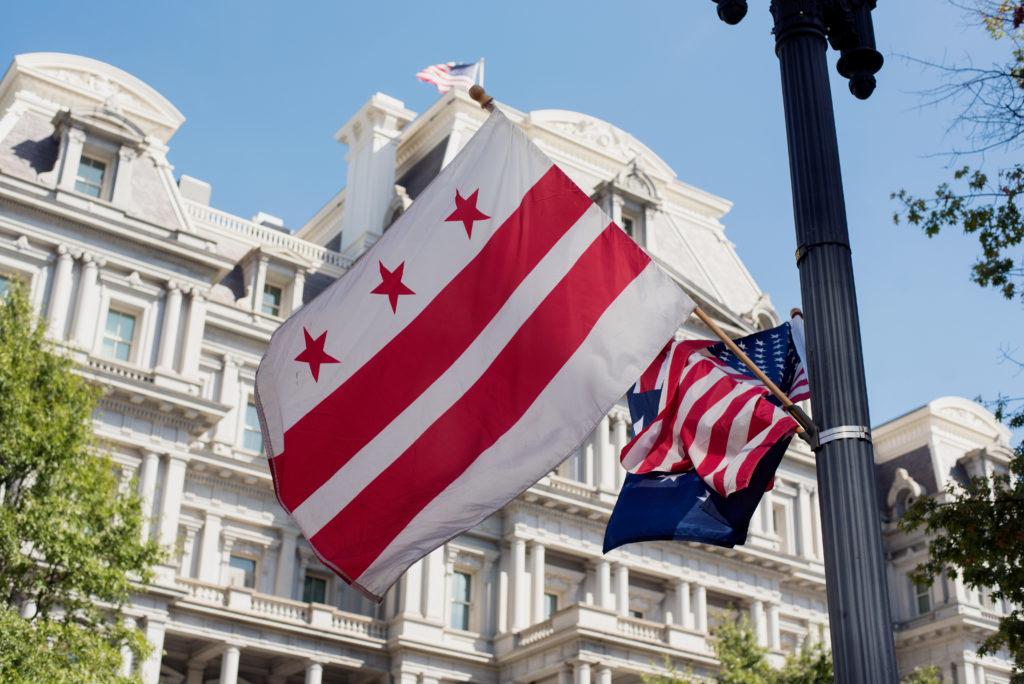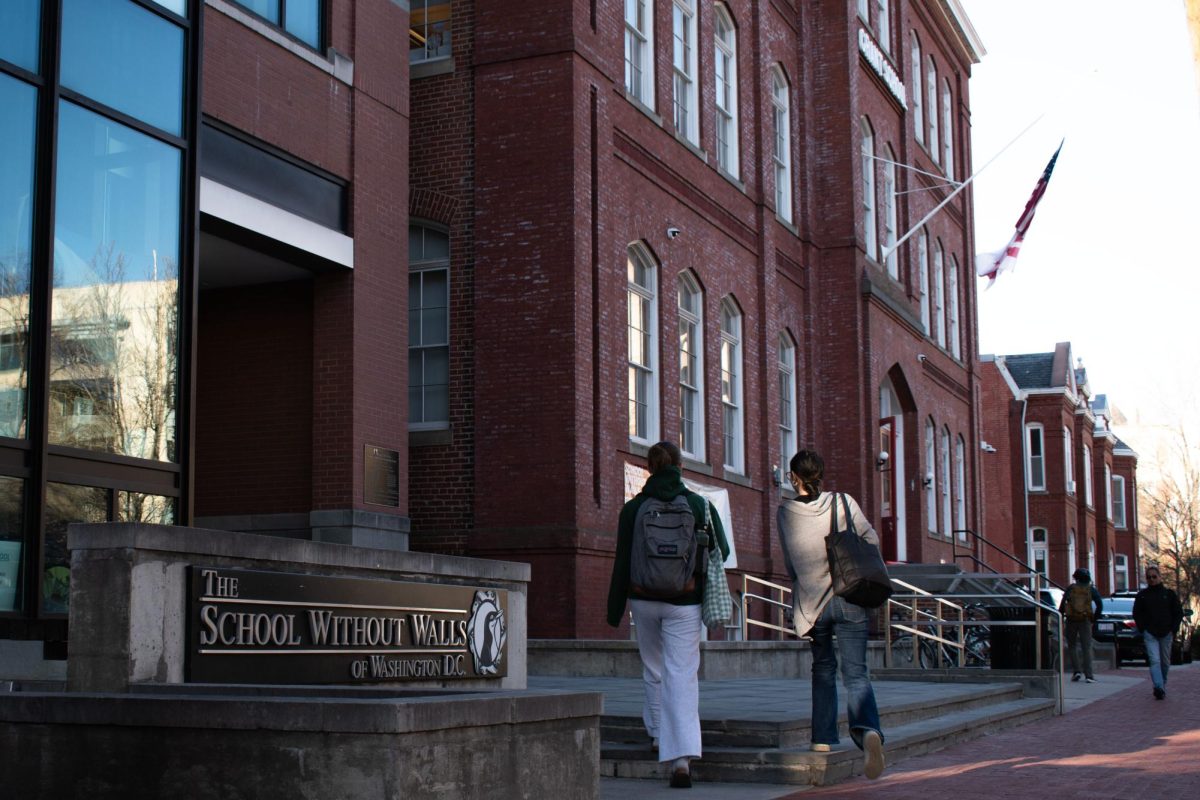The U.S. House of Representatives passed a bill in favor of D.C. statehood Thursday with its second vote of approval in just as many years.
In a 216 to 208 vote that split along party lines, the House passed a bill that would admit D.C. as the Union’s 51st state, granting one representative and two senators voting power in Congress and renaming the District as the “State of Washington, Douglass Commonwealth” after abolitionist Frederick Douglass. The passage of the legislation, which would grant congressional representation to the more than 700,000 citizens of the District, comes nearly a year after the House passed the statehood bill for the first time.
Del. Eleanor Holmes Norton, a Democrat and the District’s sole nonvoting representative in Congress, said the House had a “moral obligation” to pass the bill.
“This country was founded on the principles of no taxation without representation and the consent of the governed, but D.C. residents are taxed without representation and cannot consent to the laws under which they as American citizens must live,” she said on the House floor before the bill’s passage.
Calls for D.C. statehood have ramped up in the past year after the city received relatively smaller COVID-19 stimulus packages than other states and lacked the authority to call in the National Guard while supporters of former President Donald Trump stormed the U.S. Capitol in January. The topic gained momentum with elevated advocacy from students in the recent months since President Joe Biden announced his support for the bill earlier this week, calling on Congress to pass the legislation known as H.R. 51.
“Establishing the State of Washington, Douglass Commonwealth as the 51st state will make our
Union stronger and more just,” the statement said. “Washington, D.C. has a robust economy, a rich culture and a diverse population of Americans from all walks of life who are entitled to full and equal participation in our democracy.”
Now moving to the U.S. Senate, lawmakers could still block the bill with a filibuster, which requires 60 votes to break. Since the 60-vote threshold would require 10 Republican senators to support the legislation and send it to President Joe Biden’s desk, some believe it’s unlikely to move forward.
If passed, the bill would shrink the size of the federal district to a two-mile area that includes the White House, the Capitol building, the U.S. Supreme Court and other federal buildings and monuments.
Republican attorneys general from 22 states released a statement last week to express their opposition to D.C. statehood, calling it “bad policy,” and threatened to use every available legal tool to challenge the constitutionality of the bill.
University President Thomas LeBlanc has previously expressed support for D.C. statehood, releasing a statement of support for the bill before it was passed last year.
“The historic U.S. House of Representatives vote today represents a vote for equality for more than 700,000 District residents,” he said before the bill’s first passage. “Many of our faculty, staff and students live in the District so they lack fair representation in the federal government’s most consequential decisions.”







